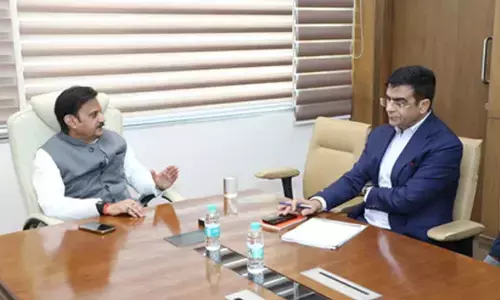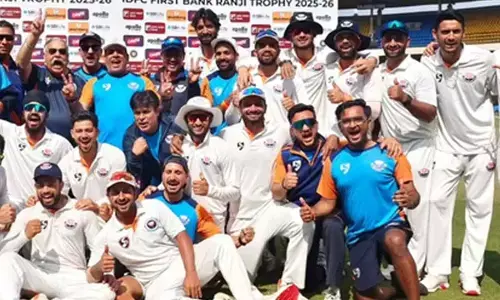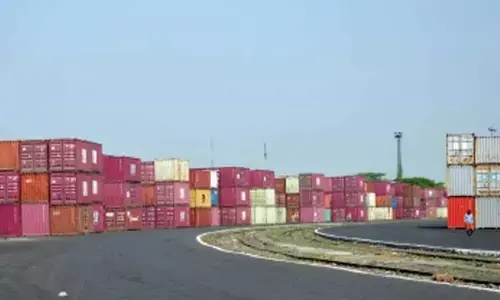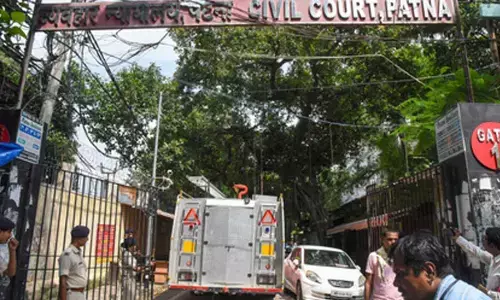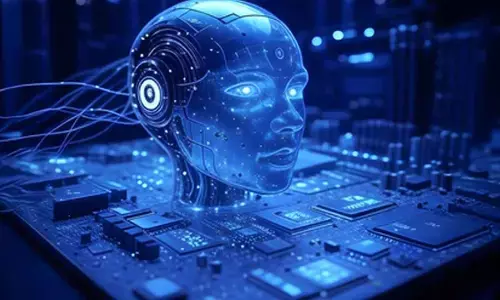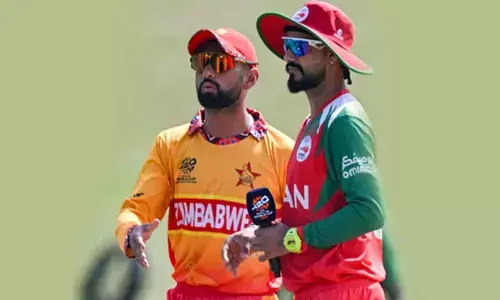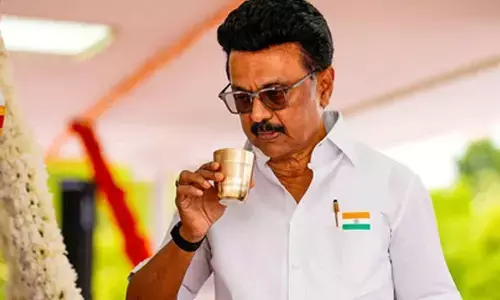Modi govt tells Parliament: ‘Haven’t received any information on crisis from judiciary’
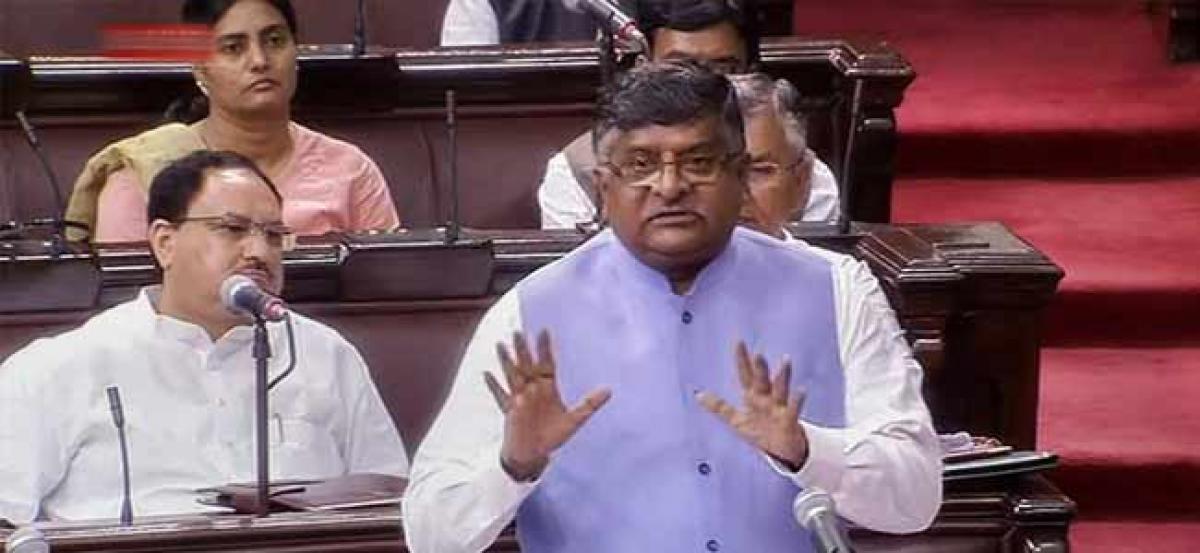
The Narendra Modi government has responded to a parliamentary question about the ongoing crisis in the judiciary by saying it has not received any information from the judiciary in this regard
New Delhi: The Narendra Modi government has responded to a parliamentary question about the ongoing crisis in the judiciary by saying it has “not received any information from the judiciary in this regard”.
Minister of state for law and justice P.P. Chaudhary said the Centre had been keeping abreast of the situation by reading about the issues “highlighted in the media”.
Telangana MP Ponguleti Srinivasa Reddy and Tamil Nadu MP C. Mahendran had posed the question, asking what steps were being taken to handle the crisis.
“Judiciary being an independent organ under the Indian Constitution is capable of handling its internal matters,” Chaudhary said. “The government is committed to the independence of the judiciary and does not and should not intervene in its functioning.”
The crux
The two MPs were referring to the series of unending controversies that have dogged Chief Justice Of India (CJI) Dipak Misra since his elevation to office in August 2017.
Earlier this year, the four senior-most judges of the Supreme Court after Misra — Justices Jasti Chelameswar (now retired), Ranjan Gogoi, Madan B. Lokur and Kurian Joseph — spoke out against the CJI’s alleged tinkering with a well-established system.
Since then, the judges have spoken out again several times, with Chelameswar being the most vocal against the Centre’s alleged interference in the workings of the judiciary.
Law minister Prasad’s earlier statements
Chaudhary’s boss Ravi Shankar Prasad, the minister of law and justice, has also had plenty to say about the issues surrounding the judiciary.
Just two days ago, Prasad said that “if Indian democracy has to succeed, an independent judiciary is a sine qua non (a necessary condition) and judges of India — of the Supreme Court and high courts — have led by example”.
At a function to felicitate the inauguration of the new block of the Delhi High Court, Prasad had said: “There will be differences among judges, let us trust them to overcome the same. Political processes should not intervene in it… I request all, across the political spectrum, not to politicise those differences.”
Prasad also said this was the “first time” he was speaking as law minister since he assumed office in July 2016. It is unclear, therefore, in what capacity Prasad — who is also the union minister of electronics and information technology — was speaking when controversy broke over the elevation of Uttarakhand High Court Chief Justice K.M. Joseph to the Supreme Court.
Speaking at an event in June, Prasad had said that the law ministry and the minister would not remain a “post office”.
Even in April, the Centre had asked the Supreme Court collegium to reconsider the elevation of Justice Joseph and returned his file, and chose to simply elevate senior advocate Indu Malhotra.
This purported “cherry picking” of judges has caused much consternation within the corridors of the Supreme Court, with several top court judges speaking out against the alleged interference of the Centre in the judiciary.
However, responding to the criticism over the executive’s alleged interference in appointments to the higher judiciary, Prasad had said: “The law ministry and the law minister are not just post offices — we have a role to flag our view and we will do it.
“Judges come and go, but the judicial institution will remain.”








